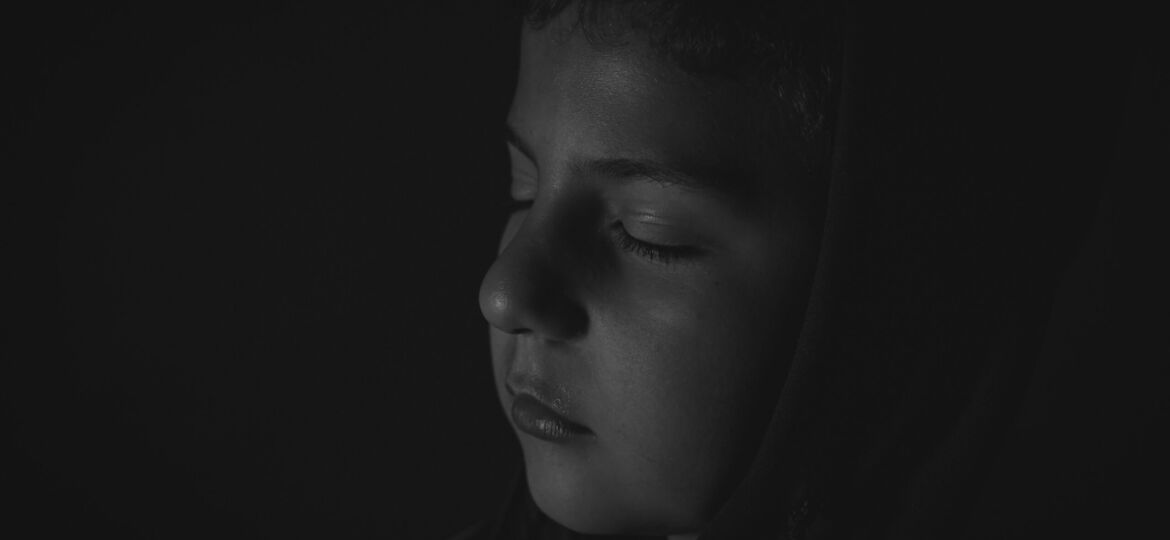
Supporting a Grieving Child: Guidance from Pearson Funeral Service
The death of someone close can be especially difficult for a child to understand. Every child grieves in their own way, and their reactions may change over time as they grow and begin to make sense of their loss. Providing reassurance, openness, and a sense of stability can make an enormous difference in helping them cope with bereavement.
Communication and Emotional Support
Talk openly: Answer questions honestly and gently. Clear, age-appropriate explanations can help prevent confusion and allow children to feel safe asking questions about death and grief.
Share feelings: Talk about the person who has died and encourage the child to share their own emotions. This can be done through family conversations, looking at photographs, or creating memory boxes together.
Listen actively: Give them space to talk about their feelings when they’re ready. Children often process grief in short bursts: through play, storytelling, or quiet moments.
Acknowledge normal behaviours: It’s natural for children to talk about death or include it in their play. This helps them make sense of what has happened and express feelings that are difficult to put into words.
Structure and Daily Life
Maintain routine: Keeping daily routines as normal as possible provides children with a sense of security and continuity during a time of uncertainty.
Encourage hobbies: Help them continue with their usual interests and activities. These familiar outlets can offer comfort and distraction.
Be specific: Instead of saying “let me know if you need anything,” make specific offers of help, such as preparing a meal, doing the school run, or helping with homework.
Connect with school: Speak with teachers or pastoral staff to find out what bereavement support is available. Schools often have trained staff or counsellors who can help children process grief in a supportive environment.
Expression and Remembrance
Use creative outlets: Encourage creative expression through drawing, writing, music, cooking, or play. Creative activities can help children explore their feelings in a safe and constructive way.
Remember the person: Help children keep memories alive, through storytelling, photo albums, or visiting meaningful places. Remembrance activities can be both healing and comforting.
Professional and Community Resources
Seek professional help: If you’re concerned about how a child is coping, consider reaching out for professional bereavement support. Early guidance can make a lasting difference.
Use bereavement charities: Organisations such as Child Bereavement UK, Cruse Bereavement Support, and Grief Encounter offer free advice, resources, and helplines for families and children.
At Pearson Funeral Service, we understand that every family experiences grief differently, and that supporting children through loss takes time, patience, and compassion. If you need guidance or someone to talk to, our caring team is always here to help.
